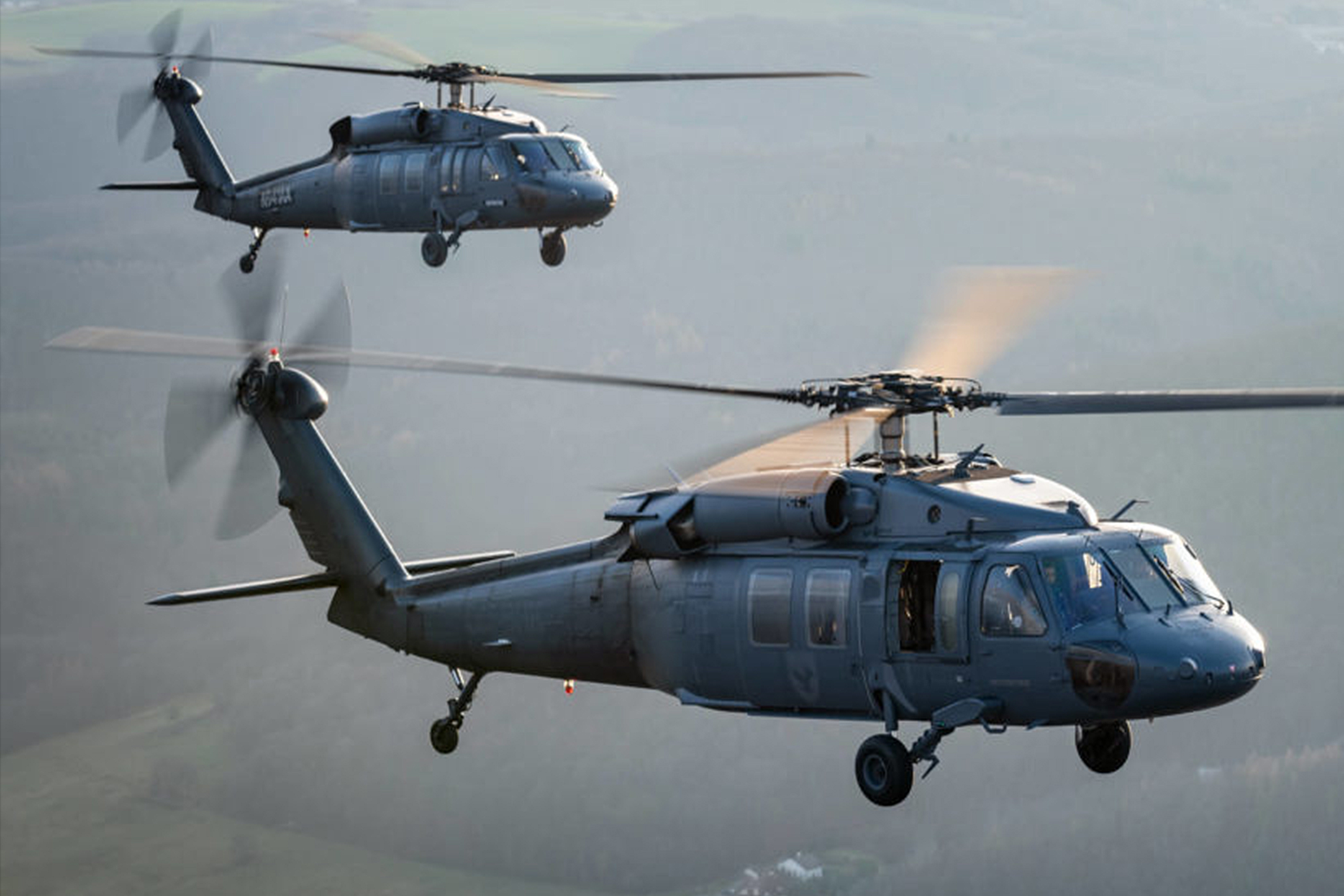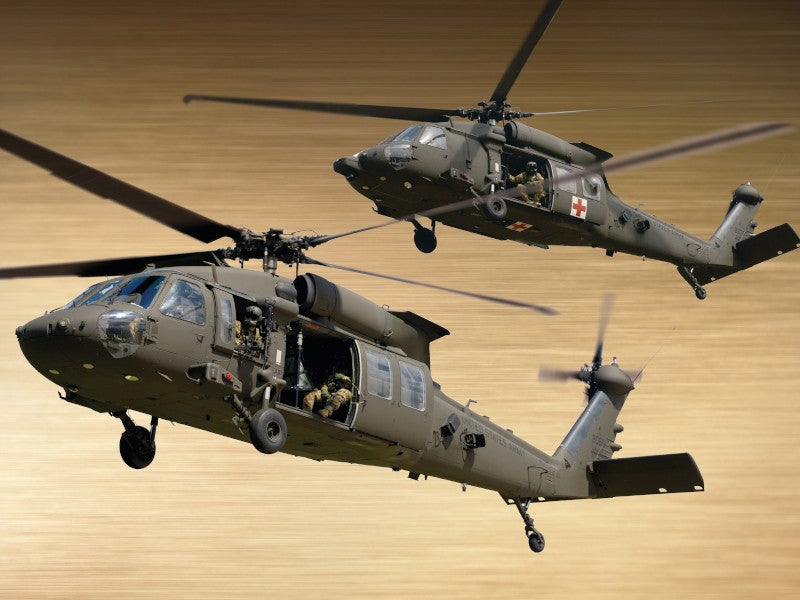UH 60 Helicopter Introduction: Every Little Thing You Required to Know
UH 60 Helicopter Introduction: Every Little Thing You Required to Know
Blog Article
The Duty of Airplane in Shaping International Transportation and Trade Dynamics
The development of aircraft has actually indelibly changed worldwide transportation and trade dynamics, helping with extraordinary degrees of connection and efficiency. With the establishment of durable air cargo networks, services can currently navigate international markets with amazing rate and agility, thus redefining supply chain techniques. This makeover is not without its challenges, as the aviation sector grapples with sustainability concerns and regulative pressures. As we explore the diverse effects of airplane on worldwide profession, it is vital to take into consideration just how these variables will form the future landscape of aviation and its function in the economic situation.

Evolution of Air Transportation
The evolution of air transport has actually been marked by significant technical developments and innovations that have actually changed the method people and products relocate throughout the world. From the Wright bros' first powered flight in 1903 to the advancement of supersonic jets, each milestone has emphasized the ruthless quest of efficiency and speed in flight. Early airplane were largely simple, limited by engine power and architectural stability. The intro of sophisticated products and the rules of aerodynamics in the mid-20th century led to significant renovations in airplane safety, performance, and dependability.
The latter part of the 20th century saw the emergence of business air travel as a feasible mode of transport, characterized by the intro of jet engines, which reinvented flight by substantially lowering flight times. Additionally, advancements in navigation and communication modern technologies have boosted functional efficiency and safety and security, enabling for even more facility trip paths and timetables. The rise of air cargo in parallel with guest services has even more underscored the adaptability of aeronautics. As we seek to the future, emerging modern technologies such as electric and autonomous aircraft assurance to redefine the air transport landscape, making sure continued evolution and adjustment to global needs.
Effect On Global Trade
Air transport has exceptionally improved global trade by facilitating the swift movement of items across large distances. This expedited logistics ability permits companies to react swiftly to market needs, thereby improving supply chain performance. The capability to transport disposable items, high-value items, and time-sensitive items has actually opened up brand-new markets and opportunities for different sectors, considerably affecting trade patterns.
Furthermore, the growth of air freight networks has actually cultivated globalization, enabling business to resource materials and products from different parts of the globe perfectly. This interconnectedness minimizes preparations and expenses, enabling companies to continue to be affordable in an increasingly global market. In addition, air transport plays a vital function in e-commerce, where customer expectations for rapid delivery have driven a surge popular for air freight solutions.
The influence of aircraft on global trade includes the production of critical profession courses, connecting regions and assisting in worldwide partnerships. Countries that buy air transportation infrastructure typically experience enhanced financial growth and raised international straight investment. Generally, the development of air transportation has not just transformed the logistics landscape however has likewise come to be a vital element in the characteristics of global trade.

Economic Benefits of Aviation
A robust air travel market generates significant economic benefits, adding to work production, tourist, and total financial growth - uh 60. The aeronautics industry supports millions of work around the world, Discover More ranging from direct employment in airport terminals and airline companies to indirect duties in sectors such as friendliness, transport, and logistics. According to sector reports, for every single job in the aeronautics market, around 3.5 extra jobs are created in the broader economic situation
Tourist is a pivotal component of the financial advantages derived from aeronautics. Air traveling facilitates international tourism, allowing tourists to discover varied locations, which subsequently boosts regional economies. Nations that buy their aeronautics infrastructure often experience enhanced traveler arrivals, causing higher costs on services such as tourist attractions, dining establishments, and hotels.

Furthermore, aeronautics enhances international connectivity, allowing services to access new markets and sources effectively. This connectivity promotes worldwide trade, enabling for the quick movement of products, which is essential in today's globalized economy. Because of this, markets such as ecommerce and production advantage greatly from trusted air transportation, further driving economic development. Overall, the aeronautics industry stays a keystone of financial vitality, highlighting its essential duty fit modern-day economies.
Obstacles Encountering the Aviation Market
Browsing an intricate landscape of regulative, environmental, and economic obstacles, the aeronautics industry deals with substantial hurdles that endanger its sustainability and growth. Laws bordering security and safety are continually evolving, demanding continuous conformity and adaptation from airlines and manufacturers (uh 60). This can result in increased functional costs and resource allowance that detracts from development and growth initiatives
Additionally, ecological issues have actually come to be vital, with growing analysis over carbon exhausts and sound pollution. The industry is under stress to adopt greener technologies and methods, which typically need significant investment in r & d. Stabilizing these ecological responsibilities with the need for flight provides a significant obstacle.
Economic fluctuations, such as increasing gas costs and geopolitical unpredictabilities, further make complex the landscape. Airline companies often face volatile operating expense and varying guest need, which can influence success and lasting planning. Labor scarcities and skill spaces in critical locations add an additional layer of intricacy, preventing functional efficiency.
Eventually, resolving these complex challenges is necessary for the aeronautics industry look at this site to keep its crucial role in worldwide transport and profession, while ensuring resilience and versatility in an increasingly competitive market.
Future Fads in Flight
Shifting and arising modern technologies consumer preferences are positioned to reshape the future of flight considerably. The combination of fabricated knowledge and artificial intelligence is anticipated to boost operational efficiency, streamline airport terminal procedures, and boost client service. Anticipating analytics will assist in extra exact demand forecasting, allowing airline companies to enhance flight timetables and pricing versions.
Sustainability is ending up being a key driver in air traveling, with the air travel sector significantly concentrated on minimizing carbon exhausts. Technologies in aircraft layout, such as electrical and hybrid propulsion systems, are being explored to fulfill environmental targets. Furthermore, the fostering of lasting air travel gas (SAFs) is expected to play a vital duty in attaining net-zero emissions by 2050.
Customer preferences are changing in the direction of customized travel experiences. Airline companies are buying advanced data analytics to tailor services and enhance client engagement, making sure an extra personalized journey from booking to arrival. In addition, the increase of remote work might bring about boosted need for recreation travel, as people seek to integrate job and trip.
Final Thought
In verdict, airplane significantly affect global transport and trade dynamics by facilitating rapid movement and improving supply chain performance. The advancement of air transport has actually changed worldwide trade, producing significant economic benefits while also offering difficulties that require calculated administration. Future fads suggest an ongoing reliance on aeronautics for commerce, highlighting its indispensable role in globalization and financial growth. The continuous adaptation of click the aviation industry will be crucial for sustaining its payments to the international economy.
The last part of the 20th century saw the introduction of business aeronautics as a viable mode of transport, characterized by the introduction of jet engines, which changed air traveling by substantially lowering trip times. The rise of air cargo in parallel with passenger solutions has additionally underscored the flexibility of aviation. Furthermore, air transportation plays a critical duty in shopping, where customer assumptions for quick shipment have actually driven a surge in demand for air freight services.
Overall, the evolution of air transport has not only transformed the logistics landscape yet has additionally become a crucial element in the characteristics of worldwide trade.
Sustainability is becoming a crucial vehicle driver in air traveling, with the aeronautics sector increasingly concentrated on lowering carbon emissions.
Report this page